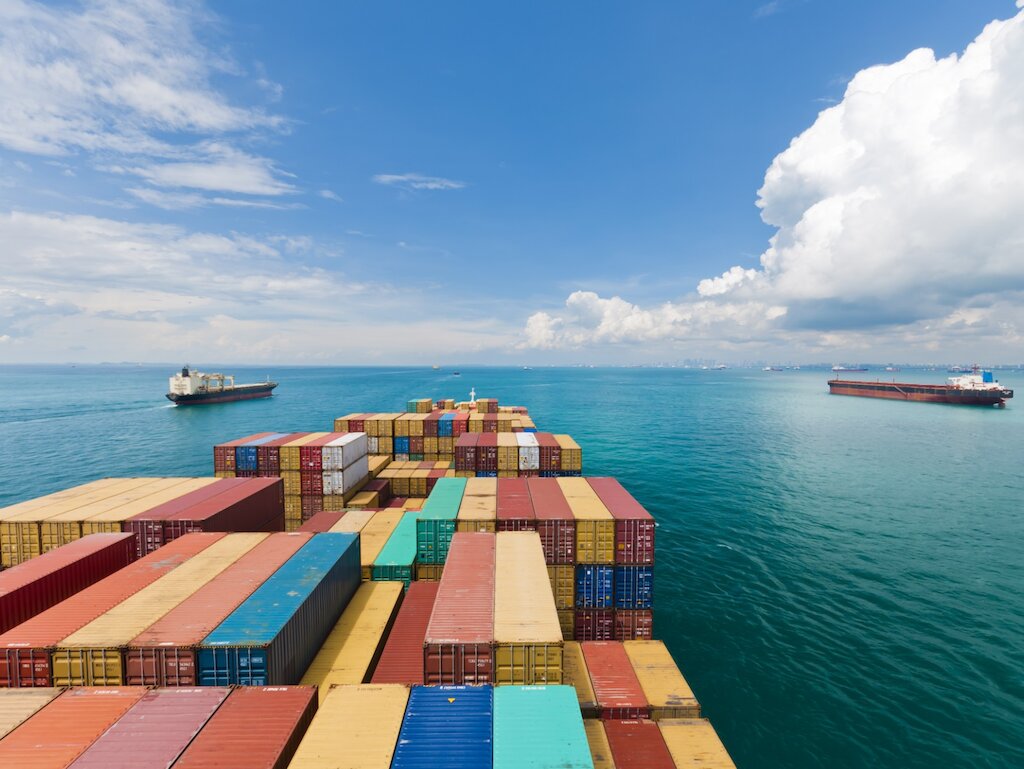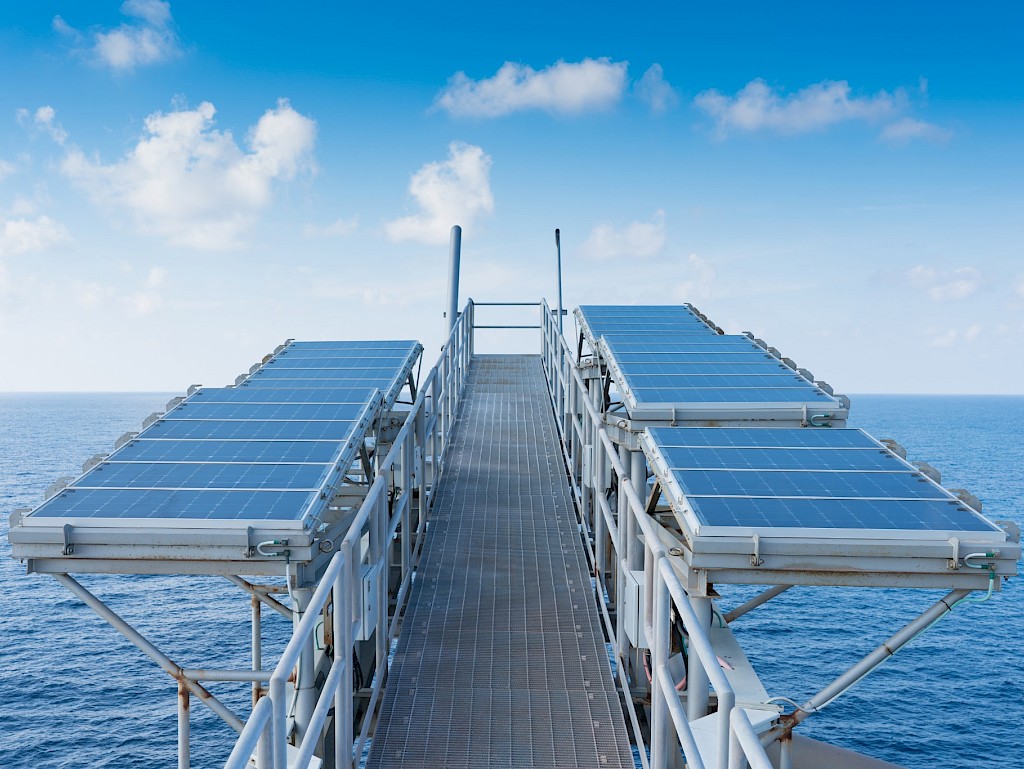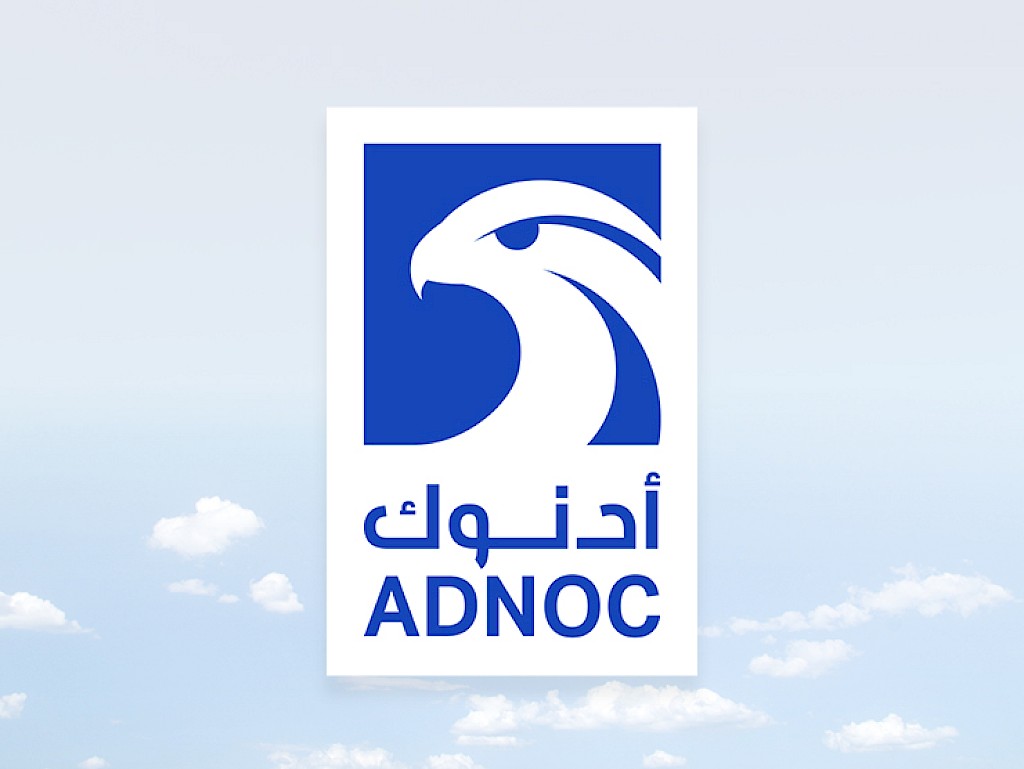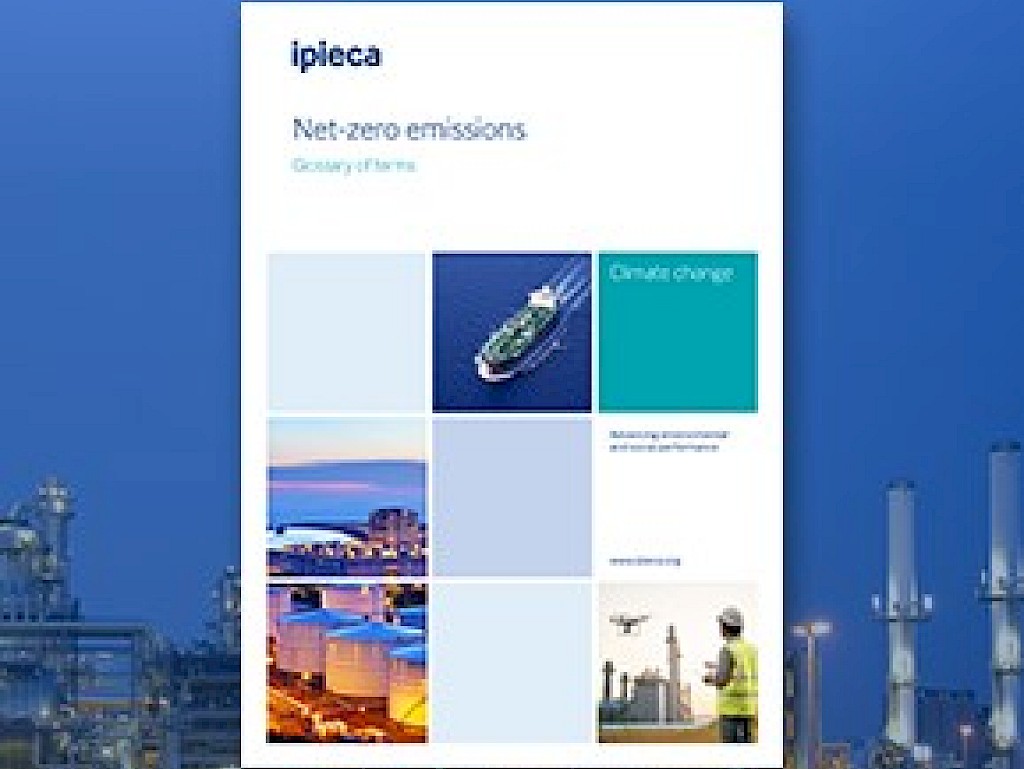As world leaders come together in Glasgow for COP26 next week, Eni Climate Strategy and Positioning Head and Ipieca Executive Committee member Rosanna Fusco describes how Ipieca's climate strategy is supporting a net-zero future.
Recent reports from the IPCC and the IEA make it clear that we are not on track to hit the Paris Agreement goal to keep global warming well below 2 degrees and as close to 1.5 degrees as possible.
As world leaders come together in Glasgow next week for COP26, these reports act as an urgent call for all countries to come together to rapidly cut emissions over the next decade and reach net-zero emissions by the middle of the century.
Although the reports provide a stark warning of the scale of the challenge facing us, they also show that meeting the Paris objectives - and in doing so combatting the worst effects of climate change - is still possible.
Transforming the global energy system to make it fit for a net-zero future while also delivering the energy that a growing global population needs is of course no small task and will require policy mechanisms, investment, technology scale up, and above all unprecedented global collaboration.
Delivering collaboration
At Ipieca we recognize that the climate challenge will require all parts of society to work together. Collaboration is at the heart of Ipieca: we bring together experts from across the oil, gas and renewable industries with key stakeholders from the UN, civil society, academia and other sectors to work on climate action, environmental responsibility, social performance and mainstreaming sustainability.
Ipieca and the energy transition
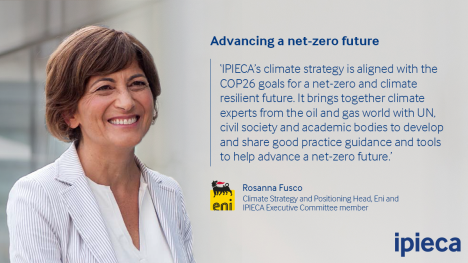
As Ipieca members adapt to supporting a net-zero world: lowering their emissions as well as supporting their customers to lower theirs; scaling up low carbon technologies such as hydrogen and CCUS; and increasingly investing in and using renewable power, Ipieca has reviewed the role it can play in the energy transition.
At the beginning of the year, we launched a new strategy and vision. The energy transition is at the heart of both, building on our core role of advancing environmental and social performance to also support the oil and gas industry's contribution to a net-zero future and the sustainable development agenda.
Given our expertise in climate, environmental, social responsibility and sustainability topics - unique among oil and gas associations - we have the opportunity to help deliver the energy transition in a way that shares the benefits of the transition among all and minimises environmental and social impacts affecting local ecosystems and communities.
Climate pillar
Our 2021-2024 strategy includes four interconnected strategic pillars designed to help achieve our new vision: climate, nature, people and sustainability.
In a world aspiring to a net-zero future, Ipieca's climate strategy focuses on advancing Ipieca members and the wider industry's contributions to the pathways to a resilient low emissions future.
We will continue the work we started in support of the Paris Agreement on low emissions pathways through our Climate Change Group. Set up in 1988, this group convenes climate experts from the oil and gas industry with those from IGOs, NGOs, academia and other industries to develop and share good practice guidance and tools to reduce greenhouse gas emissions, helping the industry to be part of the climate change solution. The group has just released a hydrogen awareness briefing, and is currently working on a flare reduction guidance.
In 2020, Ipieca established a Net-zero Task Force which explores pathways to net-zero emissions in line with limiting global warming to 1.5 degrees, considering the implications for the energy sector, with a suite of net-zero emissions reports and guidance set to be launched soon.
Accelerating energy transition enablers
A key role for Ipieca in the energy transition is to leverage our environmental and social expertise to support the sustainable scale up of energy transition enablers.
We're working with OGCI and other stakeholders to explore the role of natural climate solutions in the energy transition, working to make sure that any impacts on local ecosystems or communities are minimized or mitigated.
Renewable energy will of course be an essential part of the future energy mix. Our recently established Alternative Energy Task Force is supporting the environmental and social performance of wind, solar, biofuels and other technologies, sharing good practice on issues common to all energy developers.
Ipieca at COP26
Ipieca will be on-site at Glasgow next week, as we have been ever since the first COP event in 1995.
In the lead into COP26, we've organized and participated in several meetings, workshops and panels to raise awareness of the COP26 objectives and how the industry can support these, as well as running events exploring cross-sector opportunities to accelerate pathways to net-zero.
During the two weeks of COP26, Ipieca will be represented by our Climate Change Group Secretariat and various Ipieca member company representatives, observing the negotiations, hosting a side event on getting operations to net-zero, as well as taking part in events hosted by government delegations and other organizations.
Success at COP26
This is the first COP since the historic COP21 at which countries are expected to submit updated national plans for limiting emissions. The hope is that governments will produce ambitious plans to reduce emissions that will support a net-zero world by the middle of the century.
Ipieca will align the industry around the outcomes of COP26, bringing it together with other sectors to work on accelerating our pathways to a net-zero world.
